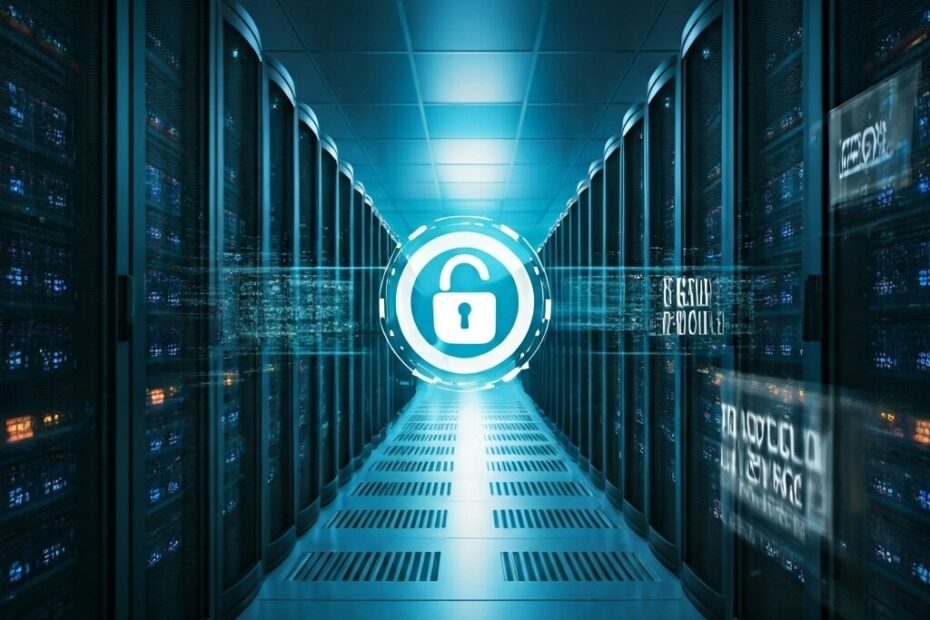BingX Achieves ISO 27001 Certification, Setting the Standard for Web3 Information Security
John: Hey everyone, I’m John, your go-to tech blogger for all things Web3, metaverse, and blockchain on this site. Today, we’re diving into BingX’s recent ISO 27001 certification and how it’s raising the bar for information security in the Web3 space. If you’d like a simple starter guide to exchanges, take a look at this beginner-friendly overview.
Lila: That sounds important, especially with all the security concerns in crypto these days. Readers are probably wondering what this certification really means and why it matters for BingX users—what’s the basics here?
What is ISO 27001?
John: Great question, Lila. ISO 27001 is an international standard for managing information security, established by the International Organization for Standardization back in 2005 and updated most recently in 2022. It helps organizations set up a system to protect data by identifying risks, putting controls in place, and continually improving security practices.
Lila: Okay, that makes sense, but what’s an “ISMS” I keep hearing about?
John: ISMS stands for Information Security Management System—it’s basically the framework that companies like BingX use to handle security systematically (think of it as a rulebook for keeping data safe). In the past, many tech firms ignored such standards, leading to breaches, but currently, certifications like this show a commitment to best practices.
BingX’s Path to Certification
Lila: So, how did BingX get this certification? Was it a long process?
John: BingX, a cryptocurrency exchange founded in 2018, announced on 2025-10-17 that they achieved ISO 27001 certification after rigorous audits. They worked with certified bodies to review their processes, from data handling to risk management, ensuring everything meets global standards. This builds on their earlier PCI DSS certification from August 2025, which focused on payment card security.
Lila: Impressive timeline. What specific steps did they take?
John: They implemented controls for confidentiality, integrity, and availability of information, as required by the standard. For example, this includes employee training, access controls, and incident response plans. Looking ahead, BingX plans to maintain this through annual reviews to keep the certification active.
Why This Matters for Web3 Security
Lila: Web3 is all about decentralization, but security is still a big deal. How does this certification set a standard?
John: In Web3, where blockchain and crypto exchanges handle sensitive user data and assets, ISO 27001 provides a trusted benchmark. BingX’s achievement, as reported by sources like PRNewswire on 2025-10-17, positions them as a leader by demonstrating robust defenses against cyber threats. It’s not just about compliance; it’s about building user trust in an industry that’s seen hacks in the past, like the 2022 Ronin Network breach that lost over $600 million.
Lila: Yikes, that Ronin example is scary. Are there practical benefits for everyday users?
John: Absolutely—users get better protection for their funds and personal info. Currently, this certification means BingX has audited processes to prevent data leaks, which is crucial in Web3 where transactions are irreversible. (And hey, it’s like having a security guard for your digital wallet—minus the uniform.)
Key Features and Safeguards
Lila: Can you break down some key features of what BingX is doing now?
John: Sure, here’s a quick list of safeguards highlighted in their certification:
- Regular risk assessments to identify potential vulnerabilities in their platform.
- Strict access controls, ensuring only authorized personnel handle sensitive data.
- Incident management protocols for quick response to any security issues.
- Continuous monitoring and improvement to adapt to new threats in the Web3 space.
Lila: That’s helpful. But what about risks—nothing’s perfect, right?
John: True, while ISO 27001 reduces risks, it’s not foolproof; compliance varies by jurisdiction, so always check official docs and local regulations for your area.
Broader Impact on the Industry
Lila: Does this influence other companies in Web3?
John: Yes, it’s part of a trend—companies like Bitget achieved similar certification in August 2024, and Binance in multiple countries as far back as 2023. BingX’s move on 2025-10-17 encourages others to follow, raising overall security standards in crypto exchanges. In the past, lax security led to major losses, but currently, these certifications are becoming table stakes for credibility.
Lila: So, it’s pushing the whole sector forward. Any tips for readers interested in this?
John: For builders or users, look for certified platforms when choosing exchanges. Do verify certifications on official sites, and don’t share private keys unnecessarily—simple habits go a long way.
Looking Ahead
Lila: What’s next for BingX and Web3 security?
John: Looking ahead, BingX aims to integrate more AI-driven security features, building on their Web3 AI focus. Industry-wide, we might see more adoptions of ISO standards as regulations tighten, like upcoming EU rules on crypto assets. It’s an evolving field, so staying informed is key.
John: Wrapping this up, BingX’s ISO 27001 certification is a solid step toward safer Web3 experiences, showing how exchanges are stepping up their game. It reminds us that security isn’t optional—it’s essential for trust. And if you’d like a bit more background on exchanges, you might enjoy this global guide.
Lila: Thanks, John—key takeaway is that certifications like this help make Web3 more secure and reliable for everyone.
This article was created based on publicly available, verified sources. References:
- Original Source
- BingX Achieves ISO 27001 Certification, Setting the Standard for Web3 Information Security
- BingX Achieves ISO 27001 Certification, Setting the Standard for Web3 Information Security – Coin Edition
- BingX Achieves ISO 27001 Certification, Setting the Standard for Web3 Information Security – Laotian Times
